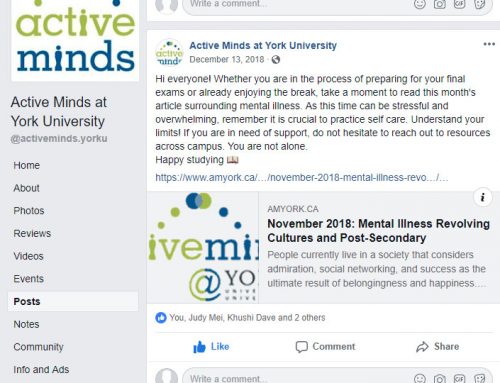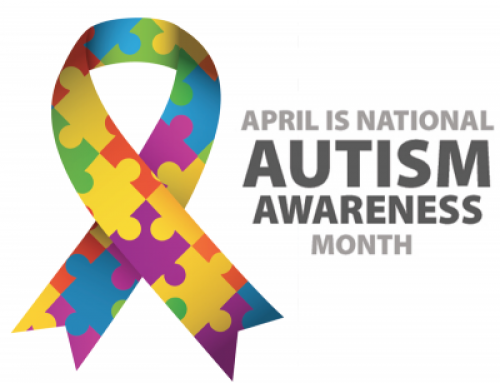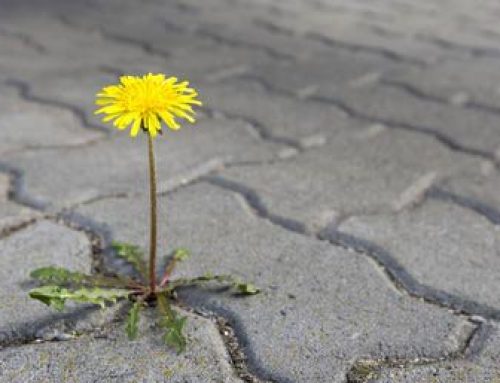Addiction and Mental Health
“the opposite of addiction is not sobriety,
it is connection.”
Many people take into account that mental health issues can cause a vulnerability to addiction, and that addiction can make mental health issues more susceptible. However, most people view addiction, even academics such as psychologists and researchers, from a biological paradigm. Meaning that they view addiction to arise primarily from a biological standpoint – heritability of addiction through genes and/or chemical imbalances in the brain such as a lower baseline level of dopamine etc. Obviously, this is is a factor, which has been proven through twin studies, adoption studies and other family studies which observe heritability. But, an interesting experiment by Canadian psychologist Bruce K. Alexander showed that the extent of biology on addiction may have been greatly overestimated. Bruce realized that all of the addiction experiments & research conducted with rats was done with them in a cage, with nothing else to do. The rats had to pick between morphine laced water or normal water, and of course the rats picked the morphine water. The rats stuck in a cage with morphine water would consume the water to such an extent that they would die. This was used to prove the addictiveness of morphine (and other drugs) and to show the brain changes that arise from continual consumption of drugs.
However, Bruce thought this was fundamentally flawed. A rat’s life doesn’t consist of them living in an isolated cage, and the fact that there is nothing else for them to do, well of course they would consume morphine at extremely high rates, there was nothing else for them to do. So he conducted an experiment where there was morphine water & plain water but the rats lived in a “rat park”. They were able to socialize with other rats, had a rich environment with toys and scenery and also were able to mate with other rats. In these living conditions, the rats sometimes consumed the morphine water but preferred the plain water. None of the rats in this experiment became addicted to the morphine water like the rats in the other experiments.
He went a step further, and took rats which were addicted to morphine from previous experiments and put these rats into Rat Park. These addicted rats began to consume morphine at a decreasing rate and started to choose plain water when living in Rat Park.
So, not to discount the factor that biology and genetics play in addiction. But to emphasize that it seems that the environment has a stronger influence than what was first anticipated. It has been said by Johann Harri, an author who became well known for his Ted talk on addiction, stated that, “the opposite of addiction is not sobriety, it is connection.”
Furthermore, Canadian psychologist Gabor Mate reinforced this point in his novel, ‘In the Realm of Hungry Ghosts’ where he wrote that “emotional loss and trauma” were at the heart of all addictions.
In these winter months, make sure to see friends and to spend time with people who are rewarding to be with. Even being engaged in a community such as groups at York, sports teams, band sessions, your gym squad, anything that makes you feel connected.



























